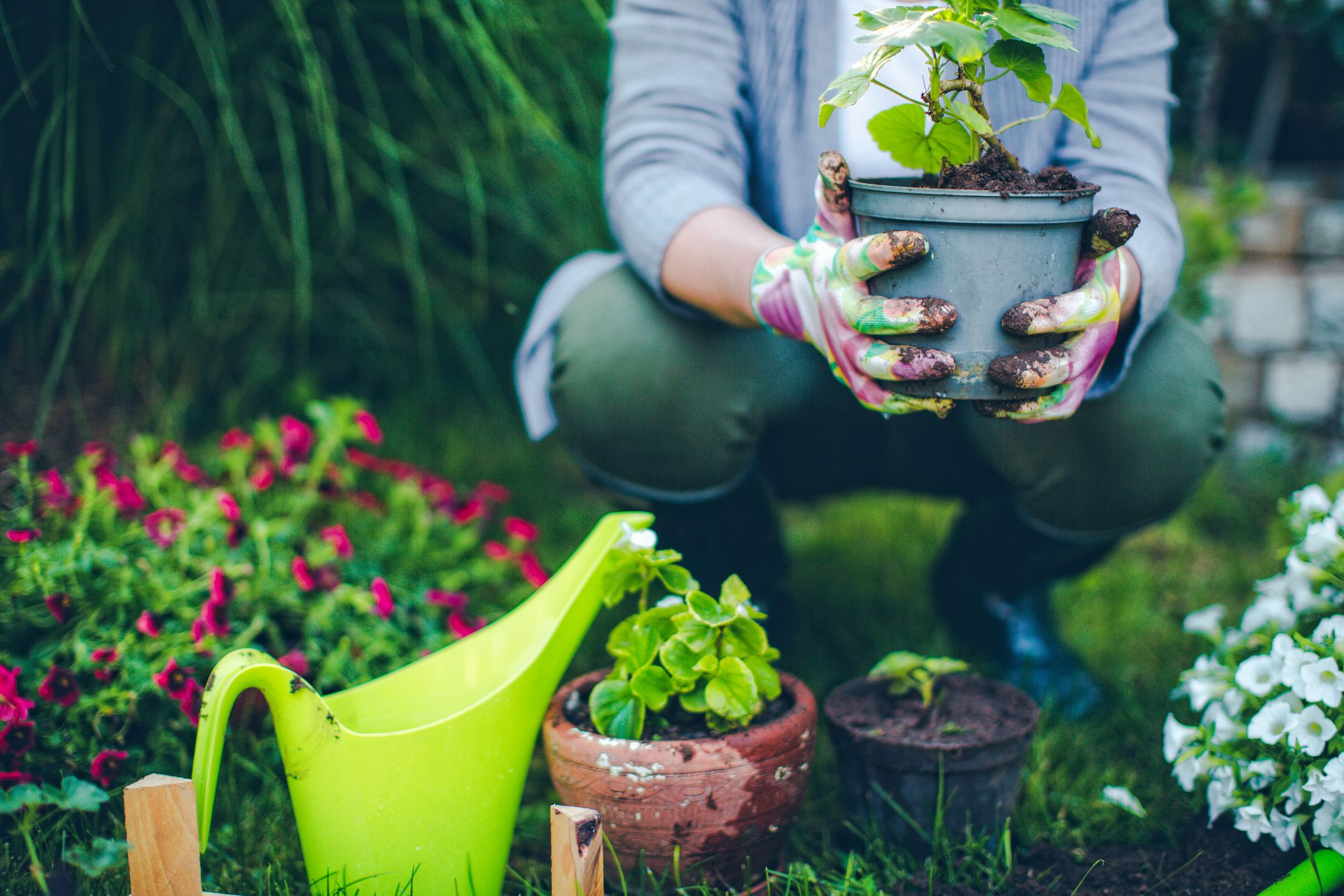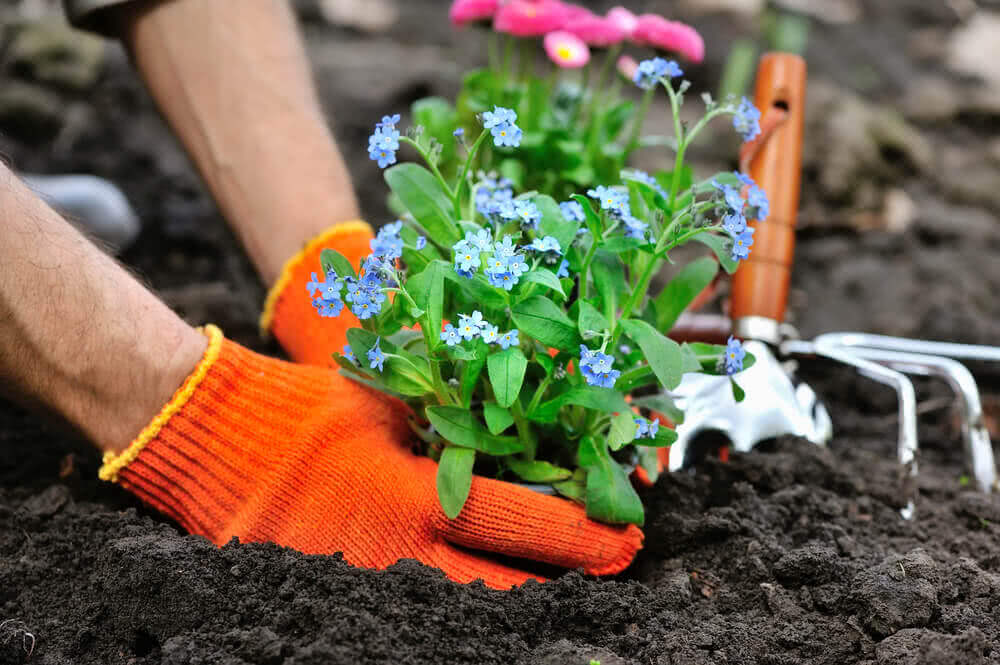The Ultimate Gardening Guide for Beginners: Every Little Thing You Need to Know
The Ultimate Gardening Guide for Beginners: Every Little Thing You Need to Know
Blog Article
Opening the Conveniences of Gardening: An In-depth Look at the Different Types and Their Impact on Well-Being
Discovering the diverse benefits of horticulture reveals a range of methods that significantly enhance specific well-being. From vegetable and herb yards to container and increased bed configurations, each type offers distinct advantages that expand beyond mere farming. These activities not only foster physical health through active interaction yet likewise add to mental wellness by alleviating stress and anxiety and encouraging mindfulness. As we take a look at these diverse gardening approaches, it becomes apparent that their influence can resonate on individual, social, and environmental levels, motivating a better check out just how these connections form a natural story of holistic wellness.
Types of Gardening

Flower horticulture, another prominent category, stresses the visual charm of cultivated blooms. This type can improve landscapes and advertise biodiversity by drawing in advantageous pollinators. Natural herb gardening involves growing aromatic and cooking plants, contributing both to cooking and all-natural remedies.
Container gardening offers adaptability, enabling people with restricted area to take part in horticulture by utilizing pots and planters. This method is particularly prominent in urban setups. Raised bed horticulture, on the other hand, involves producing elevated plots that improve dirt drain and ease of access, making it simpler for garden enthusiasts to manage their plants.
Last but not least, area horticulture fosters cooperation amongst individuals in shared rooms, advertising social interaction and collective responsibility. Each kind of horticulture serves distinct functions and accommodates various choices, making gardening a flexible activity that can be tailored to private demands and atmospheres.
Mental Health Advantages
Involving in numerous sorts of gardening not only generates substantial rewards such as fresh produce and gorgeous blossoms yet additionally provides considerable psychological wellness advantages. Study indicates that gardening can be a powerful device for lowering stress, anxiety, and depression. The act of having a tendency to plants and growing a garden cultivates a feeling of objective and accomplishment, which can enhance overall emotional well-being.
Moreover, horticulture urges mindfulness, as it calls for people to concentrate on today minute, whether it be growing seeds or supporting growth. This mindfulness practice can lead to decreased rumination and enhanced mood stability. The direct exposure to all-natural settings throughout horticulture has actually likewise been linked to enhanced cognitive functioning and decreased sensations of exhaustion.
Social communication plays a crucial duty in psychological health and wellness, and neighborhood gardening initiatives give possibilities for people to get in touch with others, fostering a sense of belonging. The common experience of horticulture can cultivate relationships and assistance networks, even more bolstering psychological strength.
Physical Wellness Advantages
Many individuals might not recognize that horticulture likewise provides considerable physical health benefits. Taking part in gardening tasks requires a variety of physical movements, including bending, lifting, excavating, and growing, which collectively contribute to better stamina, adaptability, and endurance. These actions can boost cardiovascular health by promoting a raised heart rate, consequently minimizing the risk of cardiovascular disease.
Moreover, gardening can serve as a moderate-intensity workout, aiding individuals achieve suggested physical task levels. Research studies show that regular involvement in horticulture can burn considerable calories-- about 200-400 calories per hour, depending on the intensity of the Discover More Here tasks executed. Such calorie expenditure is valuable for weight management and general metabolic wellness.
In read addition, direct exposure to sunshine during horticulture can facilitate the synthesis of vitamin D, which plays a vital function in keeping bone health and supporting immune function. Moreover, the act of horticulture commonly entails functioning with soil, which has been connected to possible psychological and physical health benefits due to the presence of advantageous bacteria. Gardening.
Social Connections With Gardening
The common aspects of gardening foster significant social connections among individuals. Area gardens, particularly, serve as vibrant hubs where people from diverse backgrounds integrated, cultivating not only plants yet additionally connections. These shared rooms urge collaboration, allowing individuals to exchange knowledge, abilities, and sources, therefore improving their gardening experience and cultivating a sense of belonging.
Involvement in gardening activities often brings about the formation of friendships and support networks. Individuals frequently join for usual goals, such as growing periods, harvest parties, or instructional workshops, which reinforce social connections and develop a feeling of area. Such interactions can minimize feelings of isolation and improve psychological well-being, as individuals locate friendship and friendship in common undertakings.

Environmental Effect of Gardening
Horticulture dramatically adds to environmental sustainability in multiple means. Among one of the most notable benefits is the improvement of biodiversity. try this out Home gardens give important habitats for various varieties, including pollinators such as and butterflies, which are necessary for ecosystem health and wellness. By cultivating diverse plant varieties, gardeners can produce a well balanced environment that supports both plants and animals.

Moreover, gardens play a critical role in water conservation. Well-planned landscapes, including indigenous plants and xeriscaping, decrease water usage and avoid runoff, consequently safeguarding local waterways from pollution.
Conclusion

Finally, gardening serves as a complex task that boosts well-being across different domains. The diverse kinds of gardening-- consisting of veggie, blossom, herb, container, and increased bed-- add to psychological and physical health and wellness, foster social connections, and advertise environmental sustainability. By participating in gardening techniques, people can experience better lifestyle while additionally supporting community bonds and ecological health. Inevitably, the all natural advantages of gardening highlight its significance as an essential element in boosting overall health.
Report this page